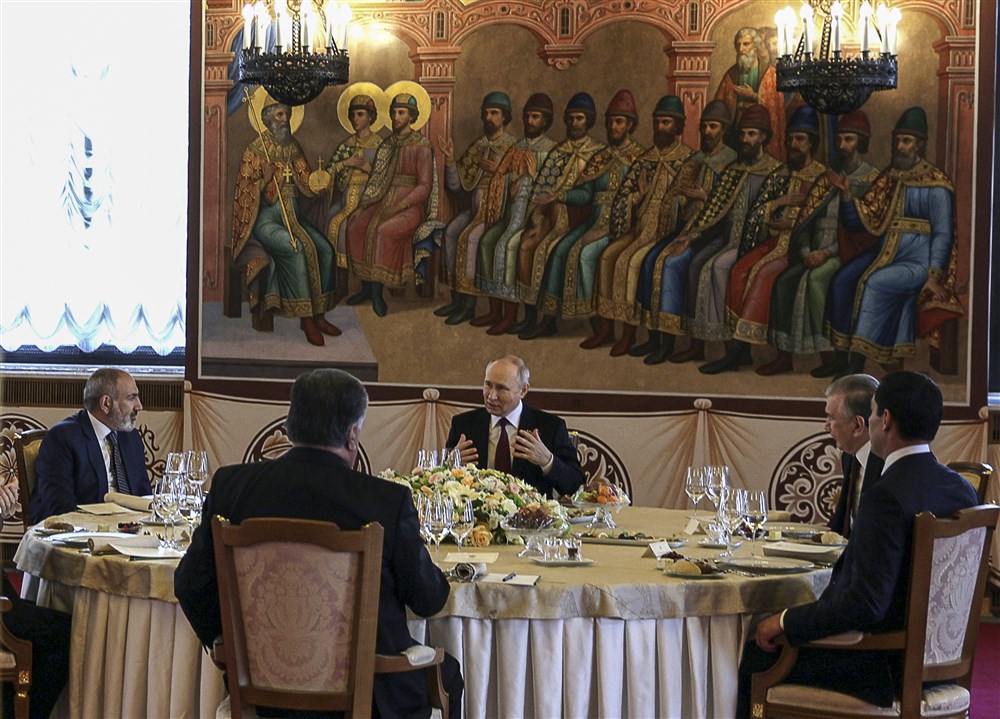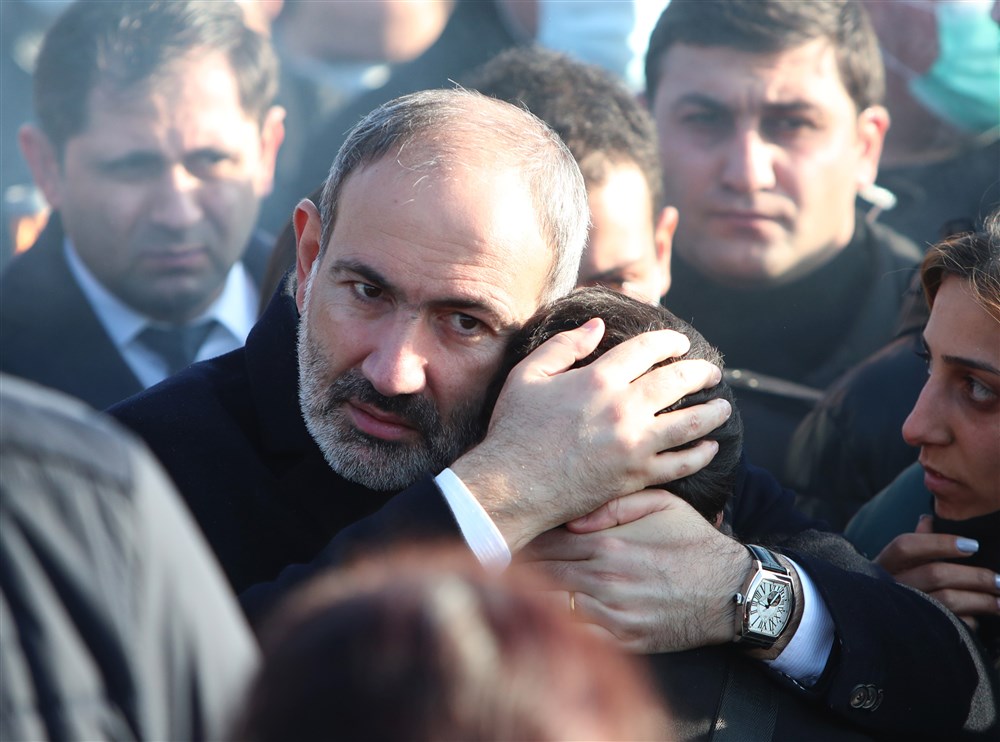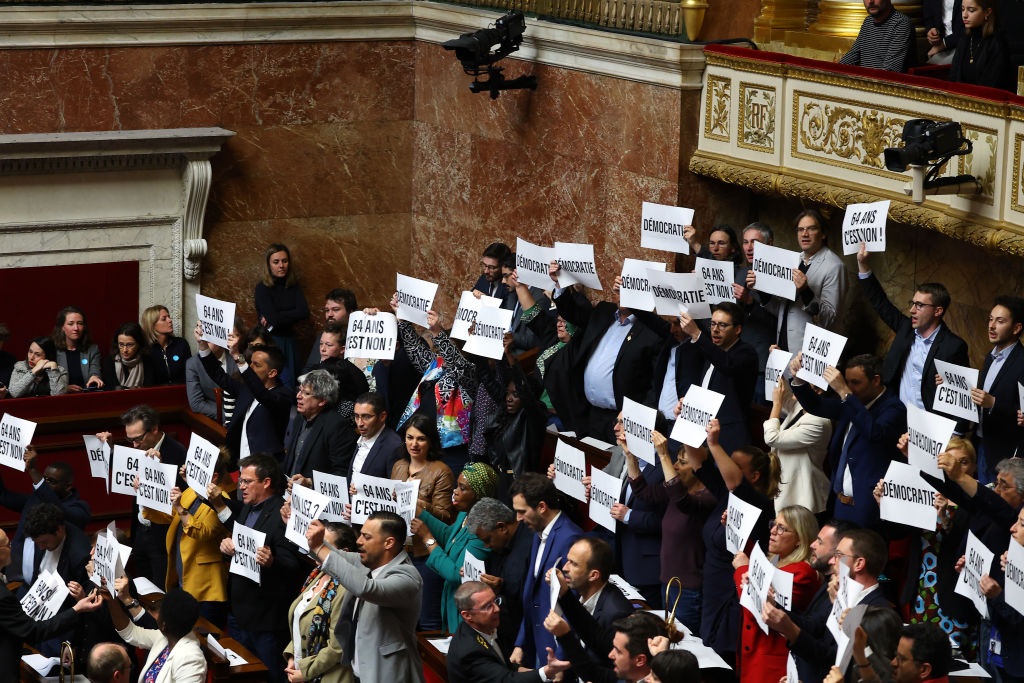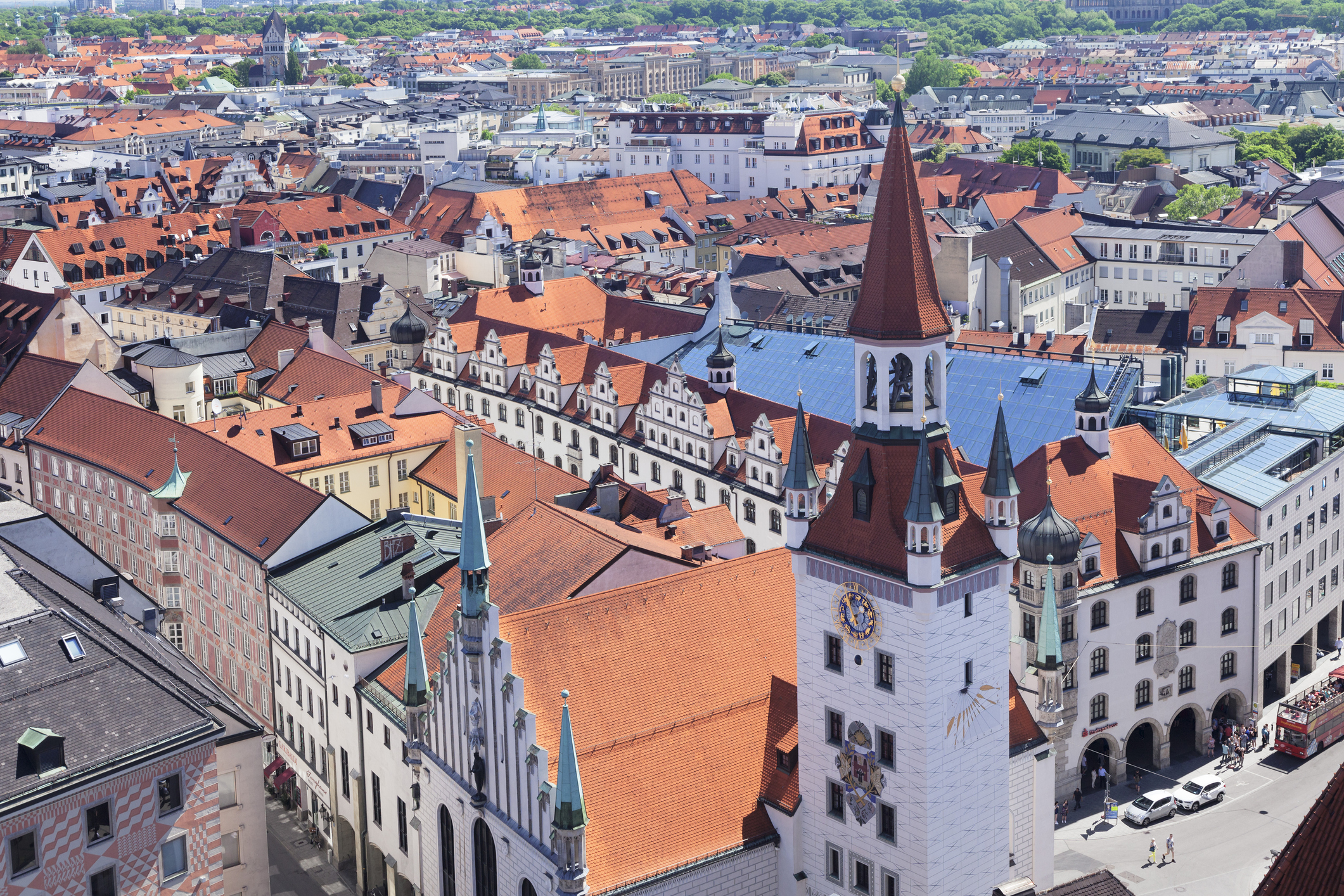“Prevent imminent ethnic cleansing!” This was the warning issued on July 24 by Arayik Harutyunyan, the President of Nagorno-Karabakh – a besieged ethnic-Armenian enclave in Azerbaijan.
Nagorno-Karabakh, also known as Artsakh by Armenians, has been under blockade imposed by Azerbaijani authorities since December 2022.
As supplies dwindle, the situation is becoming steadily more desperate for the enclave’s 120,000 inhabitants. On July 24 fuel levels became so low that the local authorities were forced to suspend public transport.
Shortages of medicines and food are also being felt, with the latter being made worse by the fuel crisis as local farmers now struggle to bring their produce to market.
Harutyunyan said that Azerbaijan was conducting “an undisguised genocidal policy” through the “continuous disruption of vital infrastructures”.
Azerbaijan insists that it is trying to prevent the transport of weapons into the enclave through the Lachin Corridor – a mountain pass that links Nagorno-Karabakh with mainland Armenia and which was the enclave’s last remaining connection with the outside world.
Speaking to journalists in the city of Shushi situated inside the Nagorno-Karabakh region, Azerbaijan’s President Ilham Heydar oghlu Aliyev said it was merely a matter of his country taking control of what it owns. Azerbaijan was not “dealing in revenge”, he added.
While Nagorno-Karabakh is internationally recognised as being a part of Azerbaijan, the region came under Armenian occupation during the war with Nagorno-Karabakh forces in the 1990s. It was then declared as the unrecognised and Armenian-backed Republic of Artsakh.
In 2020 however, Azerbaijani forces struck back and surrounded the small enclave. Following a peace deal brokered by Russia, the Lachin Corridor was blocked by self-proclaimed “environmental protestors” who are widely believed to be acting on direction of the Azerbaijani authorities in the capital Baku.
Representatives of Azerbaijan and Armenia are set to meet with their Russian counterparts on July 25. So far, despite both Russia and the European Union taking turns at mediating between the two countries, little progress has been made.
Speaking in the Armenian capital Yerevan, the country’s Prime Minister Nikol Pashinyan said that “so long as a peace treaty has not been signed and such a treaty has not been ratified by the parliaments of the two countries, of course, a war is very likely”.
Observers say the crux of the matter is that Armenia is willing to recognise Nagorno-Karabakh as being part of Azerbaijan but only if there are international guarantees to protect the rights of the ethnic Armenians in the region.
Azerbaijan for its part refuses, saying that the Nagorno-Karabakh Armenians are simply Azerbaijani citizens, and any minority issues are for Baku to consider by itself.
According to media outlet news.am, Harutyunyan made an appeal to the ministers of foreign affairs of Armenia, Russia and Azerbaijan ahead of their upcoming meeting in Moscow on July 25.
“It is crucial that the parties involved … act immediately to resolve the catastrophic situation; otherwise, they will bear the main responsibility for any impending tragedies,” he said, adding: “Prevent imminent ethnic cleansing!”
Many international organisation have continued to warn of a potential genocide in the region.





